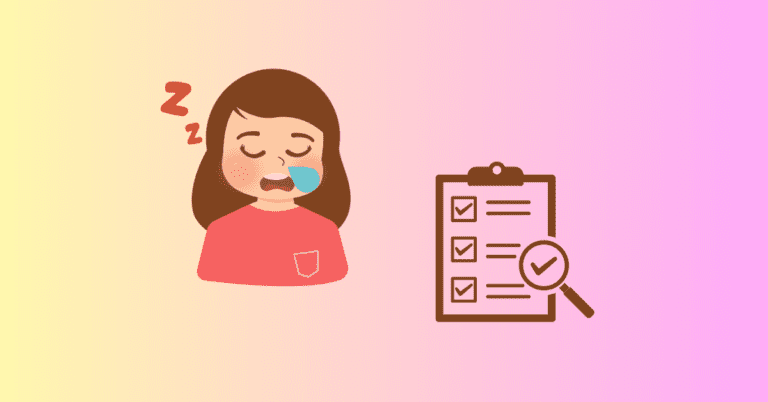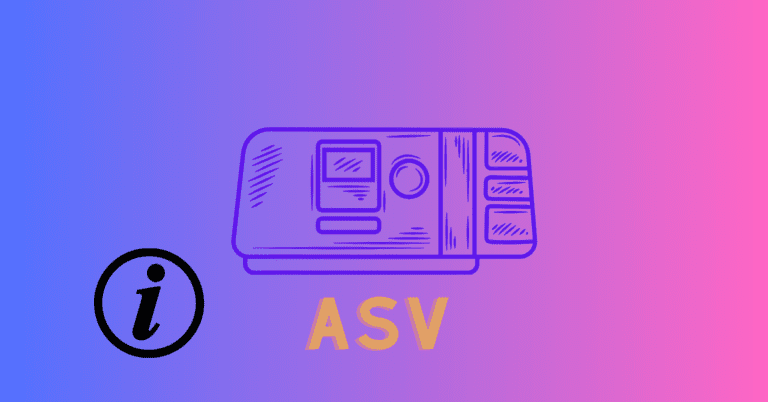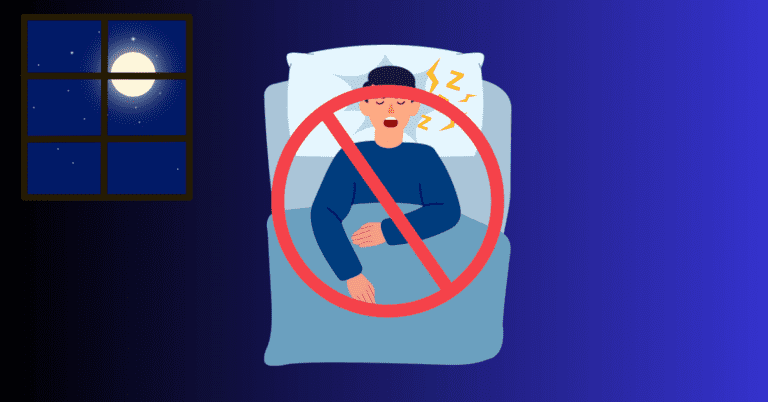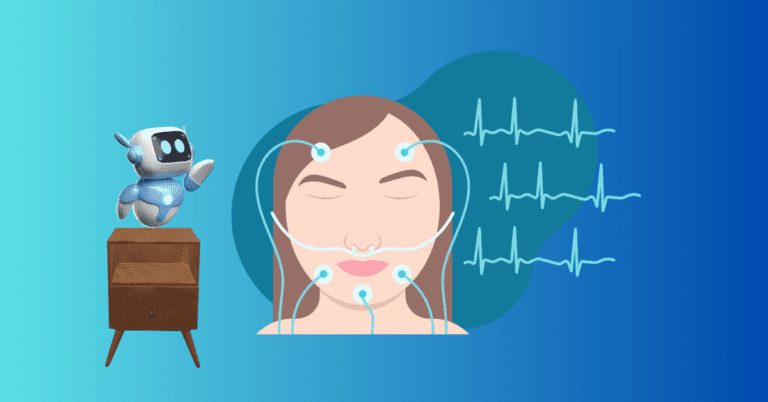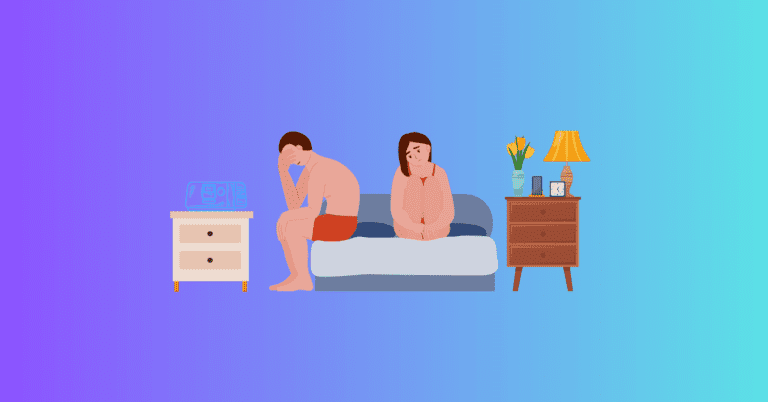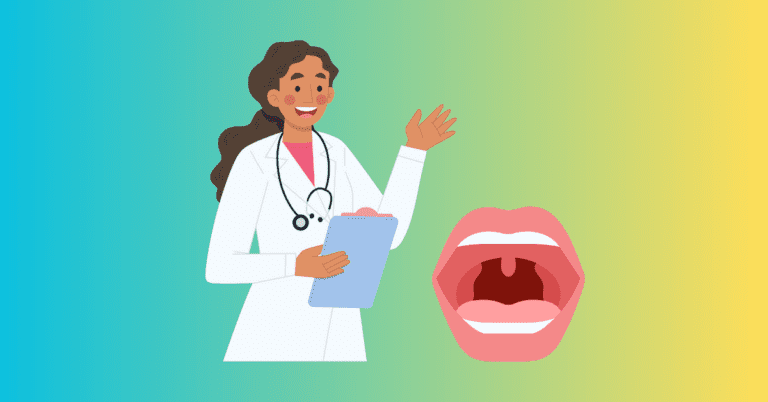Potential Applications of ASV Beyond Sleep Apnea
Jeremy Smith is a long-term CPAP user and sleep apnea advocate. After being diagnosed with severe obstructive sleep apnea, he created ByJeremySmith.com to help others navigate CPAP therapy through personal stories, gear reviews, and practical advice.
ASV therapy for other health conditions is the theme of this article.
For many people, Adaptive Servo-Ventilation (ASV) therapy is a life-changing solution for managing sleep apnea.
But did you know that its benefits might reach far beyond improving sleep? ASV’s unique ability to monitor and stabilize breathing in real-time has opened the door to potential applications in other areas of health.
Whether you’re dealing with a cardiovascular condition, a respiratory illness, or even a neurological disorder, ASV therapy could offer surprising benefits. I
In this article, we’ll explore how ASV might help manage a range of health challenges, giving you more reasons to appreciate this innovative technology.
1. Heart Failure with Preserved Ejection Fraction (HFpEF)
Heart failure and sleep apnea often go hand-in-hand, creating a vicious cycle where poor sleep exacerbates heart issues.

Cheyne-Stokes respiration (CSR), a form of disordered breathing seen in heart failure patients, can worsen oxygen levels and strain the heart.
How ASV Can Help:
- ASV is designed to stabilize breathing patterns, reducing the frequency and severity of CSR.
- Improved oxygenation and reduced nighttime disruptions may ease the workload on the heart, potentially enhancing overall cardiac function.
Supporting Evidence:
A growing body of research, including studies like the SERVE-HF trial, has explored ASV’s impact on heart failure patients.
While results are mixed, especially in patients with reduced ejection fraction (HFrEF), ASV shows promise in improving outcomes for those with HFpEF.
2. Chronic Obstructive Pulmonary Disease (COPD)
COPD is a progressive respiratory disease characterized by airflow obstruction, which often leads to difficulty breathing, especially at night. Many COPD patients also experience overlap syndrome—a combination of COPD and sleep apnea.
How ASV Can Help:
- Better Ventilation: ASV’s ability to maintain target ventilation levels can help regulate breathing and improve oxygen intake.
- Reduced Exacerbations: By stabilizing nighttime breathing, ASV may reduce the risk of COPD exacerbations, which are often triggered by poor oxygen levels during sleep.
Supporting Evidence:
Some studies suggest that patients with overlap syndrome who use PAP therapy, including ASV, experience fewer hospitalizations and improved quality of life.
ASV’s tailored approach may offer additional benefits for those with severe breathing irregularities.
3. Cheyne-Stokes Respiration (CSR)
Cheyne-Stokes respiration is a distinct breathing pattern often associated with heart failure and certain neurological conditions. It involves cycles of hyperventilation followed by periods of apnea or hypopnea.
How ASV Can Help:
- Stabilizing Ventilation: ASV is particularly effective at breaking the cycle of Cheyne-Stokes breathing by dynamically adjusting pressure.
- Improved Sleep Quality: By normalizing breathing patterns, ASV can enhance overall sleep quality, which is critical for managing comorbid conditions.
Supporting Evidence:
Several studies highlight ASV as one of the most effective therapies for CSR, particularly in patients with heart-related conditions.
4. Post-Operative Respiratory Support
After surgery, especially procedures involving the lungs or heart, patients may experience compromised respiratory function. In these cases, maintaining adequate ventilation during recovery is critical.
How ASV Can Help:
- Targeted Ventilation Support: ASV can help post-operative patients maintain stable breathing without the need for invasive ventilation.
- Adaptability: Its real-time adjustments make ASV ideal for patients whose respiratory needs may fluctuate during recovery.
Supporting Evidence:
While research in this area is still emerging, ASV is already being explored in clinical settings for its potential to support patients after surgeries or during intensive care.
5. Neurological Disorders
Certain neurological conditions, such as stroke or Parkinson’s disease, can lead to central sleep apnea or other forms of disordered breathing.
How ASV Can Help:
- Improved Oxygenation: By stabilizing breathing, ASV ensures the brain receives adequate oxygen, which may support cognitive and neurological function.
- Enhanced Recovery: For stroke patients, better sleep and improved oxygen levels can aid in the recovery process.
Supporting Evidence:
Preliminary studies suggest that ASV may benefit patients with neurological conditions by improving sleep quality and reducing nighttime oxygen desaturation.
6. Chronic Fatigue Syndrome (CFS) and Fibromyalgia
While these conditions are not primarily respiratory, poor sleep quality often exacerbates symptoms like fatigue and chronic pain.
How ASV Can Help:
- Restorative Sleep: By improving sleep quality through stabilized breathing, ASV may help alleviate some symptoms associated with CFS and fibromyalgia.
Supporting Evidence:
Though evidence is limited, some patients with coexisting sleep apnea report improved energy levels and reduced pain after starting ASV therapy.
Limitations and Considerations
While ASV therapy shows promise for several health conditions, it’s not without limitations:
- Not Suitable for All Heart Failure Patients: ASV is generally not recommended for patients with reduced ejection fraction due to mixed outcomes in clinical trials.
- Cost and Accessibility: ASV machines are more expensive than traditional PAP devices, and not all insurance plans cover their use for non-sleep apnea conditions.
- Limited Research for Some Applications: While ASV is well-established for sleep apnea and CSR, its benefits for other conditions are still under investigation.
Final Thoughts
The future of ASV therapy is bright, with growing evidence suggesting it could play a significant role in managing a range of health conditions beyond sleep apnea.
Whether you’re dealing with heart failure, COPD, or a neurological disorder, ASV offers a promising avenue for improving sleep quality and overall health.
Thank you for reading my ASV therapy for other health conditions article.
As always, consult with your healthcare provider to determine whether ASV is right for you. For more in-depth guides and reviews on ASV machines and therapy, visit byjeremysmith.com.
References
Clinical Studies and Research Papers:
- SERVE-HF Trial
- Title: “Adaptive Servo-Ventilation for Central Sleep Apnea in Systolic Heart Failure”
- Journal: New England Journal of Medicine (NEJM)
- Summary: Explored the effects of ASV on heart failure patients, providing insights into its limitations and potential benefits for those with HFpEF and CSR.
- Link
- Effects of ASV on Chronic Obstructive Pulmonary Disease (COPD)
- Title: “Impact of Adaptive Servo-Ventilation on Patients with Overlap Syndrome”
- Journal: Chest
- Summary: Investigates how ASV therapy helps COPD patients with coexisting sleep apnea, improving oxygenation and reducing exacerbations.
- Cheyne-Stokes Respiration and ASV
- Title: “Adaptive Servo-Ventilation for the Treatment of Cheyne-Stokes Respiration in Heart Failure”
- Journal: Journal of Cardiac Failure
- Summary: Highlights ASV’s efficacy in stabilizing breathing patterns in patients with CSR.
- ASV in Post-Operative Respiratory Care
- Title: “Non-Invasive Ventilation in Post-Operative Care: The Role of Adaptive Servo-Ventilation”
- Journal: Critical Care Medicine
- Summary: Explores ASV’s use in supporting post-operative patients with compromised respiratory function.
- Neurological Disorders and ASV
- Title: “The Role of Adaptive Servo-Ventilation in Neurological Conditions”
- Journal: Sleep Medicine Reviews
- Summary: Examines how ASV therapy can benefit patients with conditions like stroke and Parkinson’s disease.
Manufacturer Resources:
- ResMed Technical Papers
- Topic: ASV algorithms and their clinical applications.
- Summary: Provides in-depth information on how the ResMed AirCurve 10 ASV adapts to different respiratory conditions.
- ResMed’s Official Site
- Philips Respironics Documentation
- Topic: Use of ASV in complex respiratory cases.
- Summary: Outlines the benefits of DreamStation BiPAP autoSV for both sleep apnea and secondary conditions.
Professional Guidelines:
- American Academy of Sleep Medicine (AASM)
- Guidelines on PAP Therapy for Central Sleep Apnea and Related Conditions
- AASM Official Guidelines
- American Heart Association (AHA)
- Recommendations for Managing Heart Failure and Associated Sleep Disorders
- AHA Guidelines
Emerging Research and Reviews:
- Adaptive Servo-Ventilation in Fibromyalgia and Chronic Fatigue
- Title: “Potential Benefits of ASV in Non-Respiratory Conditions”
- Journal: Journal of Clinical Sleep Medicine (JCSM)
- Summary: Examines the indirect benefits of improved sleep on chronic pain and fatigue disorders.
Disclaimer: The content on this blog is for informational and educational purposes only and is not a substitute for professional medical advice. Always speak with your doctor or sleep specialist before starting, stopping, or changing any treatment or therapy related to sleep apnea or CPAP use.
